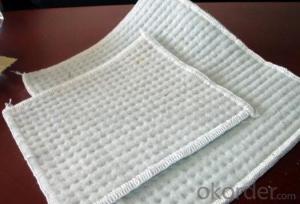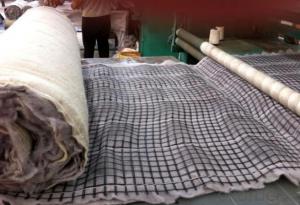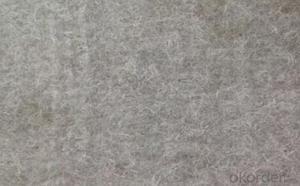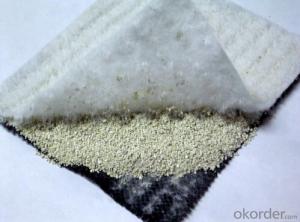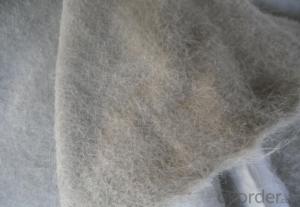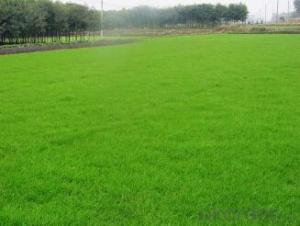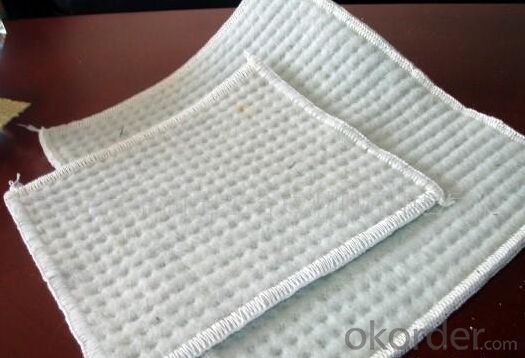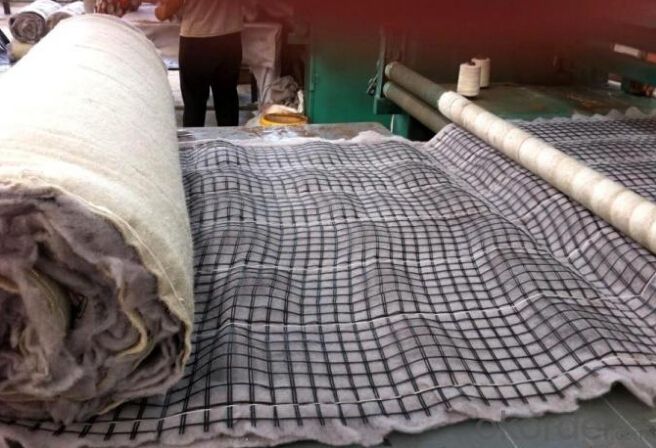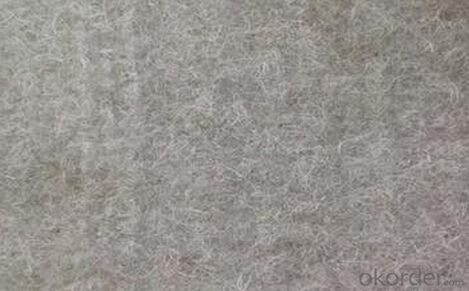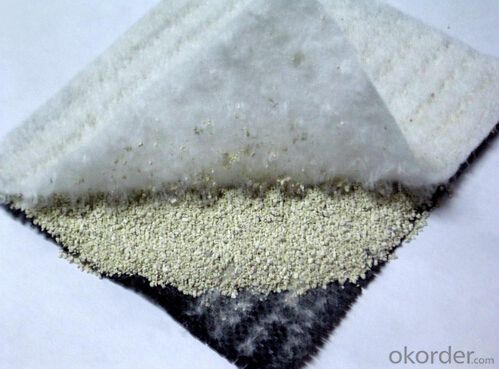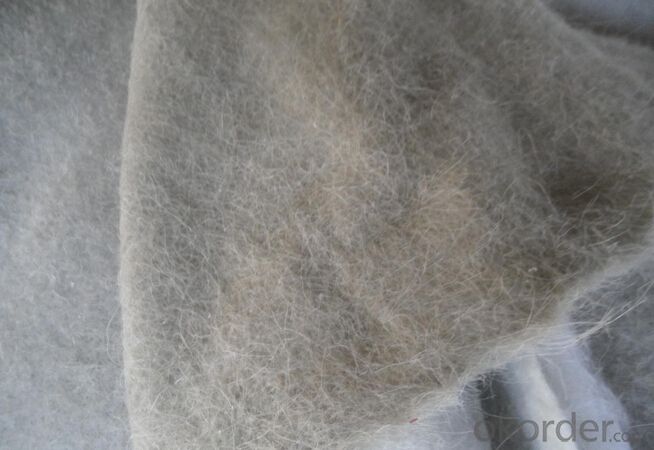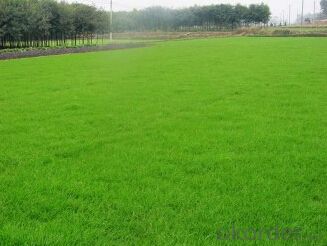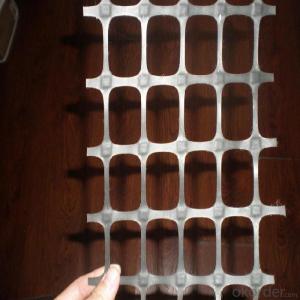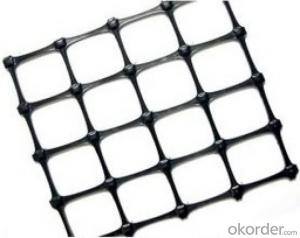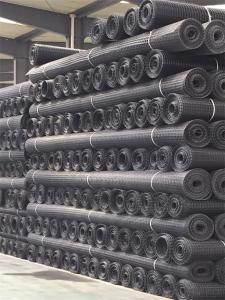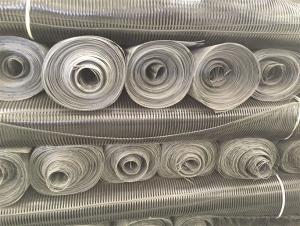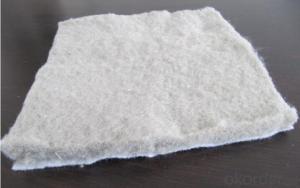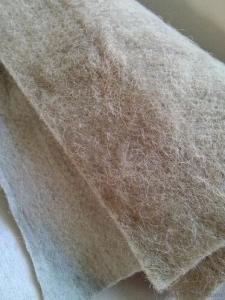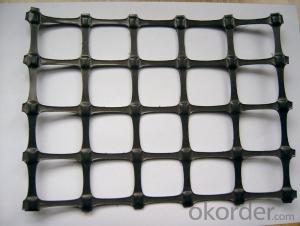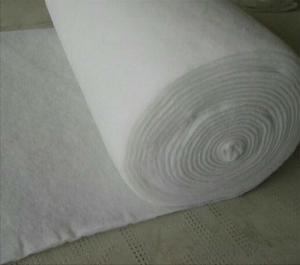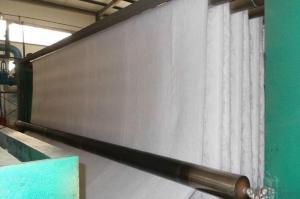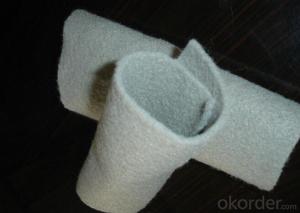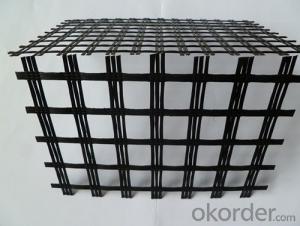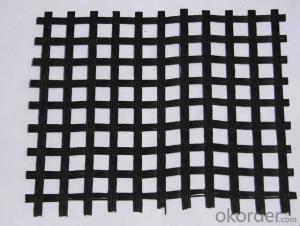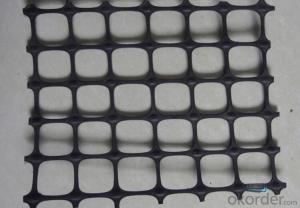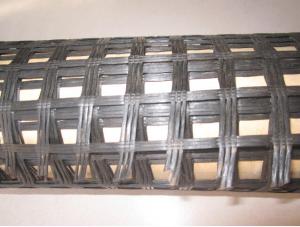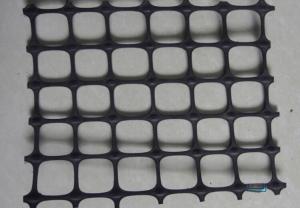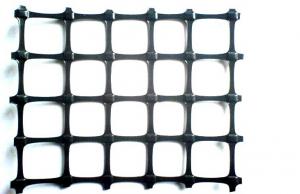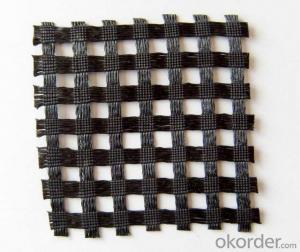Geogrids for Access Routes - Nutrition Geotextile for Greening Plants
- Loading Port:
- Qingdao
- Payment Terms:
- TT OR LC
- Min Order Qty:
- 5000 m²
- Supply Capability:
- 2000000 m²/month
OKorder Service Pledge
OKorder Financial Service
You Might Also Like
Nutrition geotextile in water environmental engineering .
Specification:
Made from PROT,L etc.natural fiber by nonwoven process,it’s composed of nonwoven geotextile layer and nutritive layer for plants.
nutrition geotextile in water environmental engineering . Specification:
1. 200g/m2-400g/m2
2. One side thermally bonded nonwoven geotextile
3. Both sides thermally bonded nonwoven geotextile
Product Feature:
1. Simple and fast construction
2. Achieve the greening effect quickly after construction
3. Due to the grass and composite fiber fabrics become into one integration, so it has the ability of certain degree of flow resistance for the water rising before the grass survive.
4. Composite fiber fabric is a continuous structure from slope top to slope toe, both ends are fixed, has high water flow resistance.
Technical Specification
5.0 m length and 1.05 m width. Reverse side all used filter material. Grass seeds: Bermuda grass (warm season grass), Bahia grass (warm season grass), Kentucky bluegrass (cold season grass), Tall fescue grass (cold season grass), Red fescue grass (cold season grass). Plant height: 0.1 ~ 0.5 m.
| NO. | Items | Specification | Notes | |||
| 1 | Total unit area weight g/sq.m | ≥380 | ||||
| 2 | dimension | width m | 1.0~2.0 | |||
| length m | as per user’s request | |||||
| 3 | Composite fiber fabrics | Material | Polyester Fiber | High strength PET | ||
| Unit area weight g/sq.m | ≥160 | |||||
| Mesh dimension mm | 8×8 | |||||
| Extension strengh kn/m | ≥11 | MD & CD | ||||
| 4 | Filtra layer | Material | Polyester non woven geotextile | |||
| Unit area weight g/sq.m | ≥40 | |||||
| 5 | Grass seeds, Fertilizer | Type | According to actual situation choose 3~5 grass seeds | |||
| Plant height m | 0.1~0.3 | |||||
| 6 | Fiber layer | Material | wood pulp cellulose | |||
| Unit areaweight g/sq.m | ≥15 | |||||
| 7 | flow resistance | ≥4 | not allow appear scour, suction and blanket turn-over etc. damage phenomenon | |||
| M/s | ||||||
| 8 | Anti-UV strengh conservation rate % | 65~80 | 3000hrs Continuously exposure 3000hrs | |||
| 9 | Supporting spare parts | ABS fastening nail | Material | ABS Resin | Fixed between two blankets by length direction | |
| Fiber diameter mm | 35 | |||||
| Nail length mm | 325 | |||||
| Lnail | Material | Steel wire (content 10% zinc-aluminium alloy) | Used to fix single blanket | |||
| Fiber diameter mm | 4 | |||||
| Nail length mm | 200 | |||||
| ABS connecting nail | Material | ABS Resin | Used in the slope between the two blankets ( width direction) | |||
| Nail length mm | 38 | |||||
| Connecting fiber | Material | High strength Polypropylene | Used in the slope between the two blankets ( width direction) | |||
| Length mm | Cut as per request | |||||
APPLICATION:
Generally laid on the river channel, slope protection etc. slope revetment projects, to control the water erosion, soil loss, meantime can reach the effect of slope ecological restoration and landscape greening, making river back to natural.
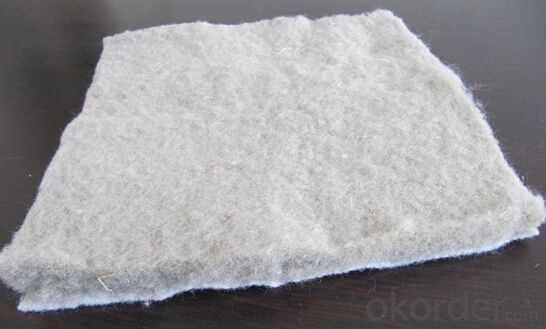
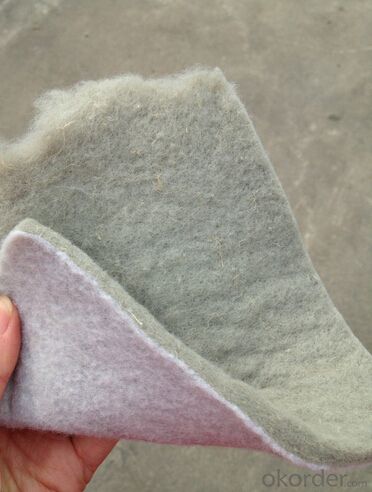
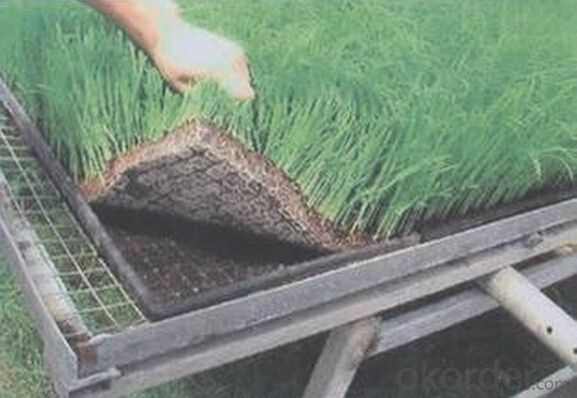
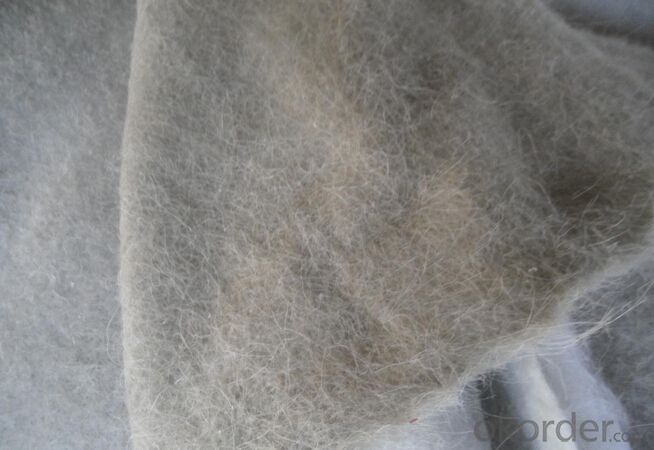
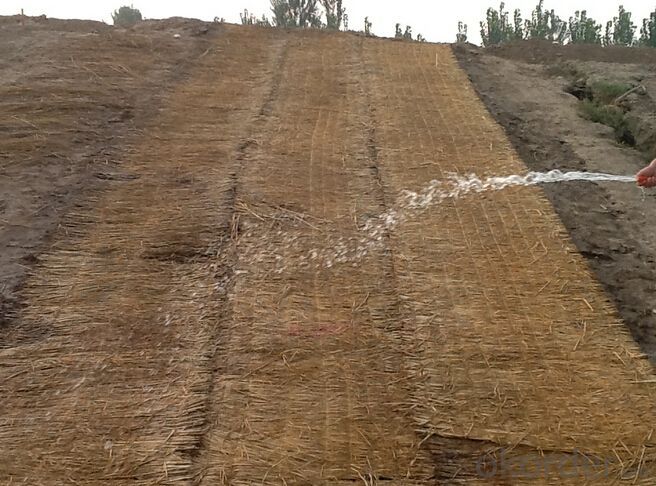
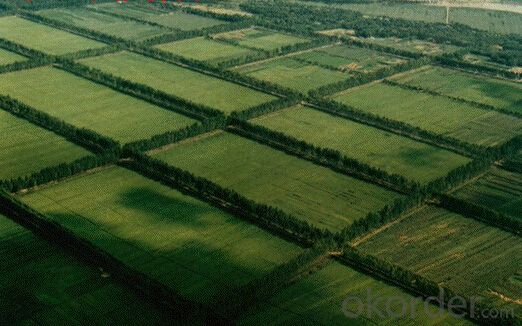
- Q: How do geogrids improve the performance of geotextile containers?
- Geogrids improve the performance of geotextile containers by providing additional stability, reinforcement, and strength to the containment system. They help distribute loads more evenly, prevent internal erosion, and increase the overall integrity of the structure.
- Q: Can geogrids be used in soil stabilization for sports fields?
- Yes, geogrids can be used in soil stabilization for sports fields. Geogrids are commonly used to reinforce soil, increase its strength and stability, and prevent erosion. They can help distribute loads and minimize soil movement, making them suitable for sports fields that experience heavy foot traffic and require a stable playing surface.
- Q: Which floor is paved on the roadbed
- Fixed grid end, by laying machine or manual will grill slowly pulled forward each shop, shop 10 meters long artificial investigation at a time, until a volume grating puwan, put the next volume, operation with; 3, ground shop: Volume long unit as the laying of the long, should be covered grille with long period, then the overall check again laying quality, then laying the next paragraph, a laying, grille grille to overlap a grid spacing for the lap length, tie fixed line continues to spread second section direction.
- Q: What materials are geogrids made of?
- Geogrids are typically made from polymer materials such as polypropylene or polyester. These polymers are chosen for their high tensile strength and durability, allowing geogrids to provide effective reinforcement in various civil engineering and construction applications.
- Q: Can geogrids be used in reinforcement of underground stormwater detention systems?
- Yes, geogrids can be used in the reinforcement of underground stormwater detention systems. Geogrids provide stability and strength to the system, preventing soil erosion and maintaining the structural integrity of the underground system. They are often used to reinforce the walls and base of the detention system, ensuring its long-term performance and effectiveness in managing stormwater.
- Q: What kind of experiments need to be done to check geogrid
- Review of the general test or the original detection of the project, but the general requirement to double the number of detection. That is, if there is a sample test is not qualified, then the general review is to extract two samples from the original test material to re check.
- Q: Are geogrids resistant to aging?
- Yes, geogrids are generally resistant to aging. They are designed to withstand long-term exposure to environmental factors such as UV radiation, moisture, and temperature variations, making them durable and less prone to degradation over time.
- Q: How do geogrids improve the load distribution in paved surfaces?
- Geogrids improve the load distribution in paved surfaces by providing reinforcement and enhanced structural support. They distribute the applied loads over a wider area, reducing stress concentration and preventing the development of cracks and deformations. Additionally, geogrids increase the overall stiffness of the pavement system, enhancing its load-bearing capacity and extending its lifespan.
- Q: How do geogrids help in reducing the risk of soil liquefaction?
- Geogrids help in reducing the risk of soil liquefaction by reinforcing the soil structure and improving its stability. They act as a barrier against lateral movement of soil particles during an earthquake, thereby preventing the formation of liquefied zones. The geogrids increase the shear strength and bearing capacity of the soil, making it less susceptible to liquefaction-induced damage.
- Q: Want to know what is the advantage of unidirectional polyester geogrid and two-way existence? What are the differences between the two?For example, function, cost, construction
- First talk to the function of it, compared with the similar functions, There are both advantages and disadvantages., but the cost of bidirectional geogrid is more expensive! Construction is the same! The difference lies in the cost! Thank you
Send your message to us
Geogrids for Access Routes - Nutrition Geotextile for Greening Plants
- Loading Port:
- Qingdao
- Payment Terms:
- TT OR LC
- Min Order Qty:
- 5000 m²
- Supply Capability:
- 2000000 m²/month
OKorder Service Pledge
OKorder Financial Service
Similar products
Hot products
Hot Searches
Related keywords
